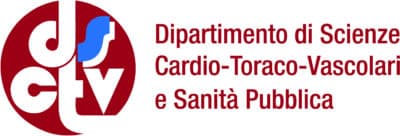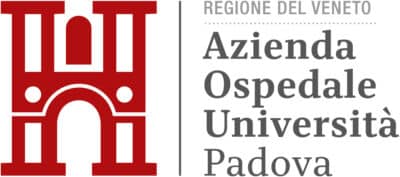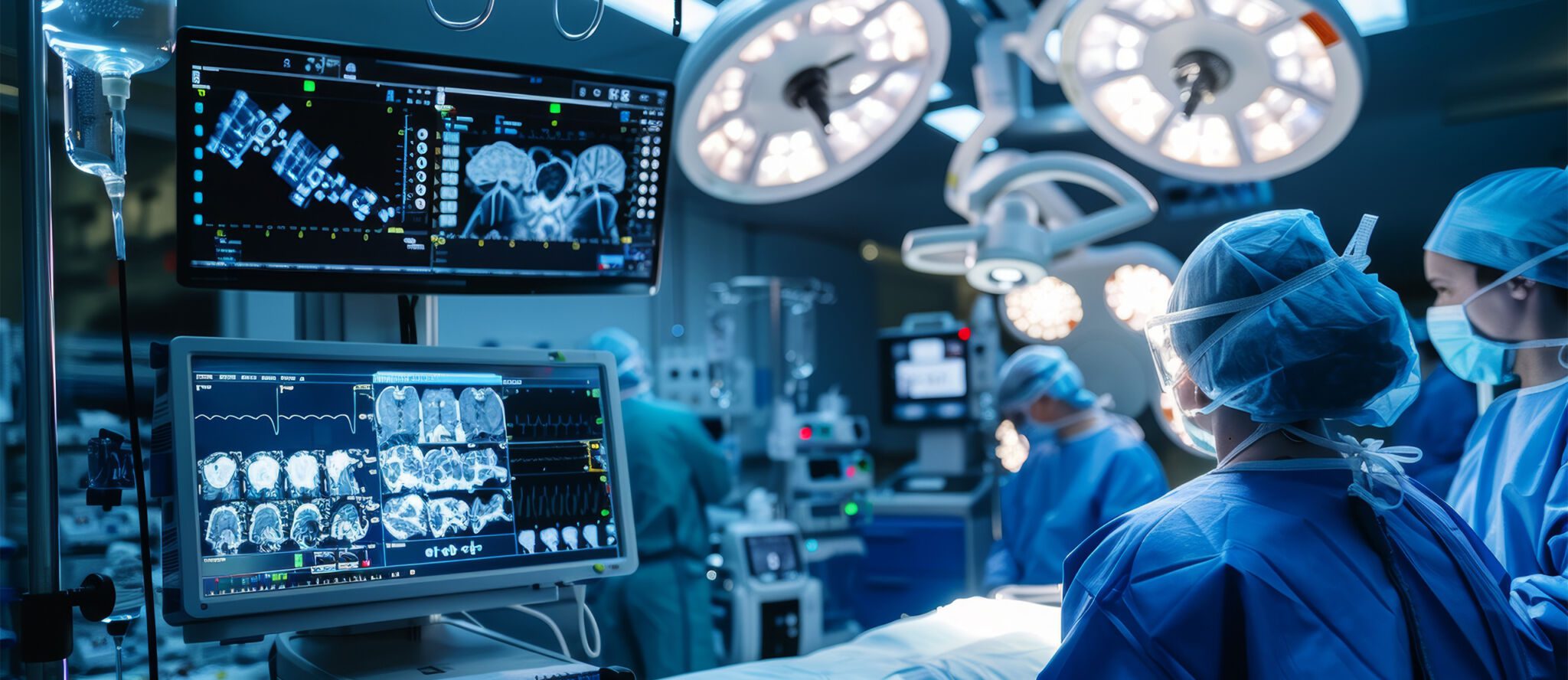

The Post-Graduate Course in Governance and Technological Innovations in the OR (GITSO) trains professionals capable of taking on an active role in innovation, team reorganization, resource optimization, and surgical technical and technological development processes, in a context marked by constant technological and organizational evolutions.
The goal is providing advanced competences in the new technologies applied to the surgical context, in managerial planning and management tools for surgeries, in professional responsibility principles, and in leadership and communication strategies within multidisciplinary teams.
The course is designed for anyone who wishes to extend their managerial, organizational and technological knowledge within the surgical context.
The Post-Graduate Course in Governance and Technological Innovations in the OR (GITSO) comprises four modules:
- Technological innovation in the OR, focusing on cutting-edge devices, robotic instruments and AI.
- Management and governance of surgical activities, including process planning, organization and assessment tools.
- Leadership and team communication, to develop soft skills to manage work teams.
- Clinical risk, professional liability and medical-legal aspects, with regulatory insights and case studies.
The course is provided in a blended mode, with lectures and workshop activities in highly technological environments, plus practice and simulation sessions to integrate theory and practice.
The Post-Graduate Course in Governance and Technological Innovations in the OR (GITSO) is addressed to professionals with a Bachelor’s Degree in healthcare and technical professions, and especially to those working in the surgical and procedural field.
Career opportunities include placement or upgrade of the role in:
- Complex procedural and surgery teams;
- Highly-technological surgery teams, using innovative instruments and advanced organizational models;
- Work teams that plan, implement and assess surgical and healthcare processes.
At the end of the course, attendees will acquire useful skills to:
- Manage complex clinical-organizational processes in the surgical field;
- Foster OR governance;
- Support the introduction and effective use of new technologies;
- Promote communication and relationship models within multidisciplinary team.
The competence acquired may be recognized and useful for personnel working in the National Healthcare Service, according to the professions set forth in the National Collective Labour Agreement 2019-2021.
The Post-Graduate Course in Governance and Technological Innovations in the OR (GITSO) is divided into four modules, each one developing specific competence through lectures, workshops and simulations.
Module 1: TECHNOLOGICAL INNOVATION IN THE OR
Analysis and application of emerging technologies in the OR sector, including robotic surgery, telemedicine, medical engineering, advanced patient monitoring and post-surgery AI.
Module 2: PLANNING AND MANAGEMENT OF THE OR
Tools and methods to plan, coordinate and assess OR processes. Introduction to organizational models, resource management and performance measurement.
Module 3: TREATMENT ASPECTS – CLINICAL GOVERNANCE
Development of relational, communicative and leadership skills to promote an effective team work. Conflict management, professional empowerment, group dynamics and collaborative strategies.
Module 4: TREATMENT ASPECTS – CLINICAL RISK
Insight on the regulatory and legal framework linked to healthcare practices in surgeries. Focus on individual and team responsibility, informed consent, healthcare documentation and clinical risk management.
The Post-Graduate Course in Governance and Technological Innovations in the OR (GITSO) is held in close synergy with the Padua University Hospital, and relies on the contribution of leading companies in the development of advanced OR technologies, including robotic surgery, hybrid ORs, advanced imaging systems and clinical data integration.
The general merit ranking for the academic year 2025/2026 will be made available here according to the timing indicated in the official announcement.
Information
FAQ
No, there won’t be any internship.
The competences acquired during the theoretical section will be broaden through workshop and simulation activities in high-fidelity surgical environments.
A minimum attendance of 70% of the course is required. If this threshold requirement is not met, it won’t be possible to complete the final exam.
Yes, an oral exam on the topics covered during the course must be completed at the end of the post-graduate course
The post-graduate course is offered in blended mode, both online and in person. Remote lessons will be provided in synchronous mode, to ensure a real-time interaction with the professors and the other attendees.

